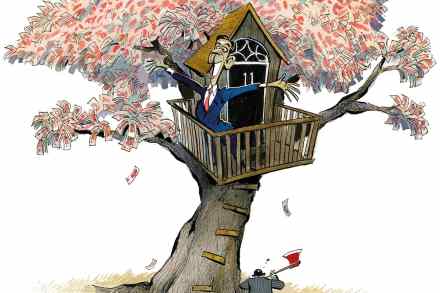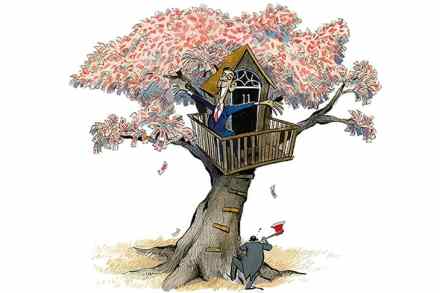A dual crisis is looming for France
Financial crises are often linked to a political crisis. On 8 September, the French government will submit itself to a vote of confidence – which, by all accounts, it will lose. At issue is France’s parlous financial state, which a minority French government seeks to address. This week, French 30-year bond yields reached levels unseen since the Greek debt crisis in 2011, while the 10-year yield has surpassed present-day Greece’s. France’s economy minister was quick to warn that France’s lamentable financial position could leave it facing an IMF bailout. This was intended to frighten MPs ahead of the vote rather than reflect reality. Greece was borrowing at near 30 per




















